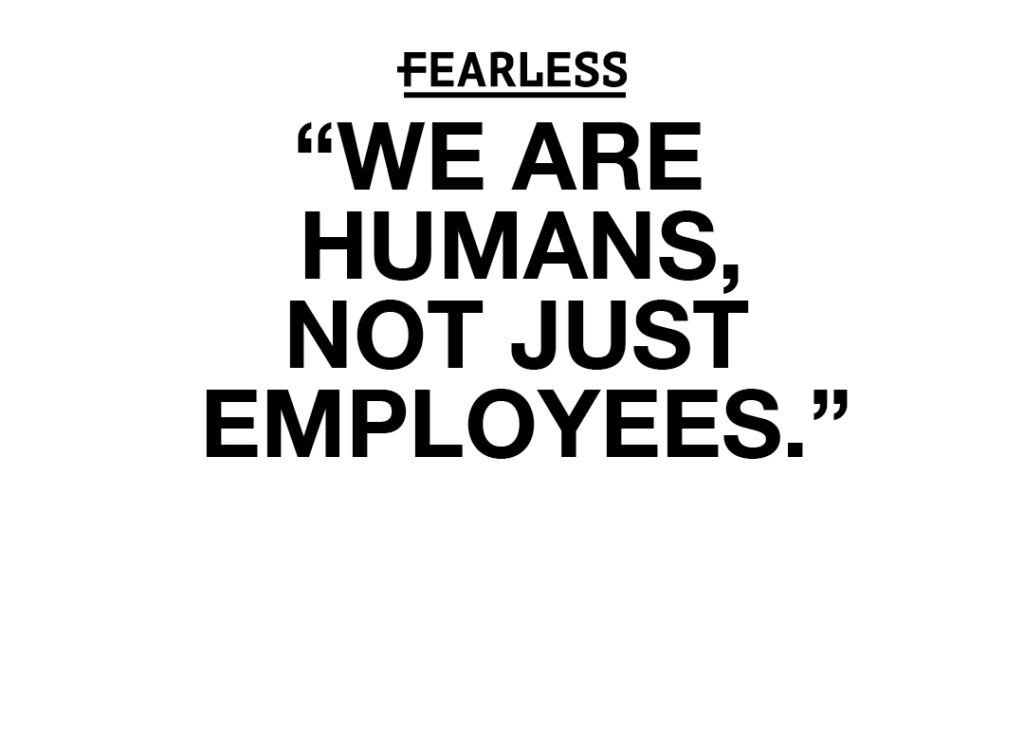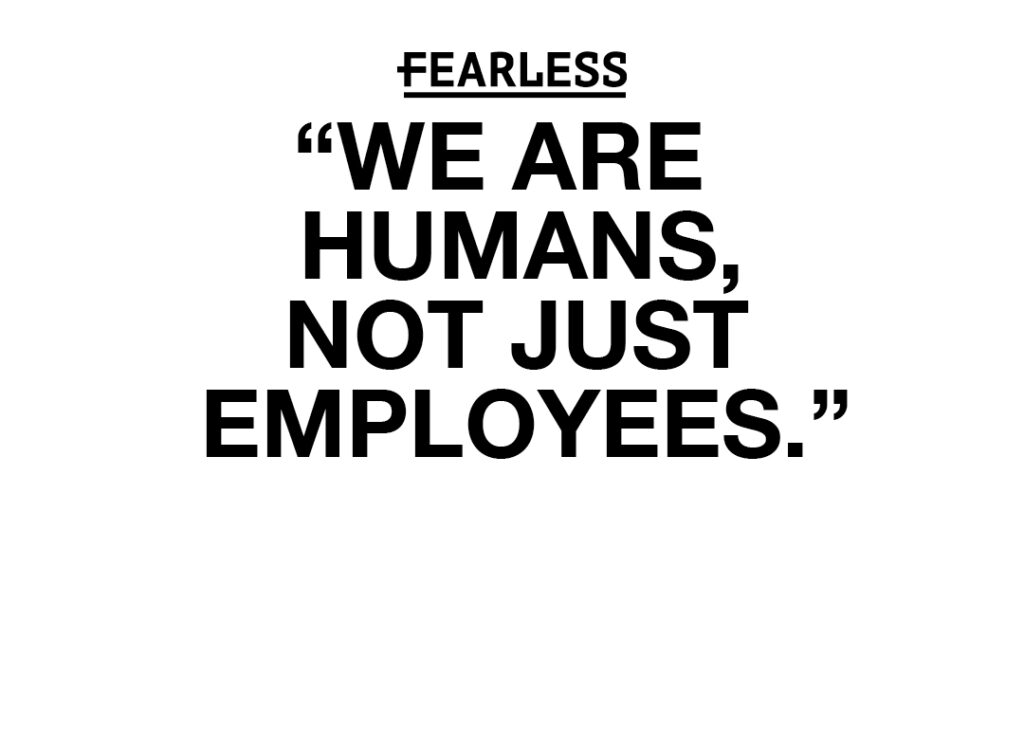The Elbert Files: The game changer

DAVE ELBERT May 11, 2022 | 3:57 pm
3 min read time
669 wordsBusiness Record Insider, Opinion, The Elbert FilesIt was a typical spring day in Iowa, cloudy, cold and windy, when I saw my old friend K.C. on the sidewalk across the street from the Des Moines Art Center.
“This will be a real game changer,” he said as I approached.
“How so?” I replied, not knowing exactly what he meant.
“The Supreme Court’s abortion ruling,” he said.
“If it’s anything like the draft Alito wrote,” he continued, referring to the proposed ruling that Supreme Court Justice Samuel Alito authored for a Mississippi abortion case, “it will change everything.”
“Isn’t that a bit extreme?” I said. “It’s only a draft opinion and could change a little or a lot before it’s formally issued, which probably won’t be for another month or more.”
“Trust me,” he said. “It won’t change. Not by much.”
“Assuming you’re right,” I said, “how does it change everything?”
“For one thing,” K.C. said, “not since the Dred Scott decision has a Supreme Court case taken away rights on the scale that outlawing virtually all abortions would.”
“The Dred Scott decision of 1857 is widely regarded as the worst decision ever by the Supreme Court,” I argued. “It denied citizenship to people of African descent and required the return of runaway slaves from free states. It was a major cause of the Civil War.
“This can’t be that bad.”
“Mark my words,” K.C. said. “If this decision goes forward, it will be the most divisive force in this country since the Vietnam War.
“You remember how bad that was.”
“It tore apart my generation,” I said. “It was as close as I want to get to a civil war.”
“Abortion has always been a hugely emotional issue,” he said.
About 4,000 Iowans get abortions each year, and according to an Iowa Poll last year, 57% of Iowans think it should be legal and 38% say it should not be legal. That’s pretty much in line with how the country as a whole breaks down.
“Like I said,” K.C. continued, “except for the Dred Scott decision, the history of the Supreme Court has always been to expand individual rights.
“Now we’re headed the other direction. Once this abortion decision sinks in, conservatives are going to want to claw back some of the other gains we have made in individual rights in recent years.”
“You mean gay marriage and LGBTQ issues?” I said.
“That, along with affirmative action and policies that benefit people with learning disabilities,” K.C. said.
“So who do you think leaked Alito’s opinion?” I asked.
“You can make up all sorts of reasons for anyone who is on or works for the Supreme Court to have leaked the opinion,” he said.
“But my guess is that we won’t know for a long time. Remember we didn’t learn who Deep Throat was,” he said, referring to the FBI official who helped bring down the Nixon administration, “until three decades after the fact.
“Now what matters is not who leaked it, but what happens next.”
“What does happen next?” I asked.
“A bunch of issues that had been front-of-mind now get pushed back; issues like climate change, gun control and racial justice,” K.C. said.
“Any issue that doesn’t have near unanimous consent gets shoved to the side. It will be harder going forward to find consensus on issues like infrastructure and education.
“Abortion will dominate this fall’s elections. In Iowa, it will drown out talk about clean water, rural broadband, health care and prison reform.
“There’s also the issue of trust,” he added. “If Alito’s draft opinion is confirmed, we have prima facia evidence that at least two members of the current Supreme Court lied under oath when asked at their recent appointment hearings how they would handle abortion if it came before the court. They said it was ‘settled law’ and they would not change anything involving ‘settled law.’
“And what about the senators who approved their appointments? Can we trust them?” K.C. asked as he turned and headed into a cold wind.










